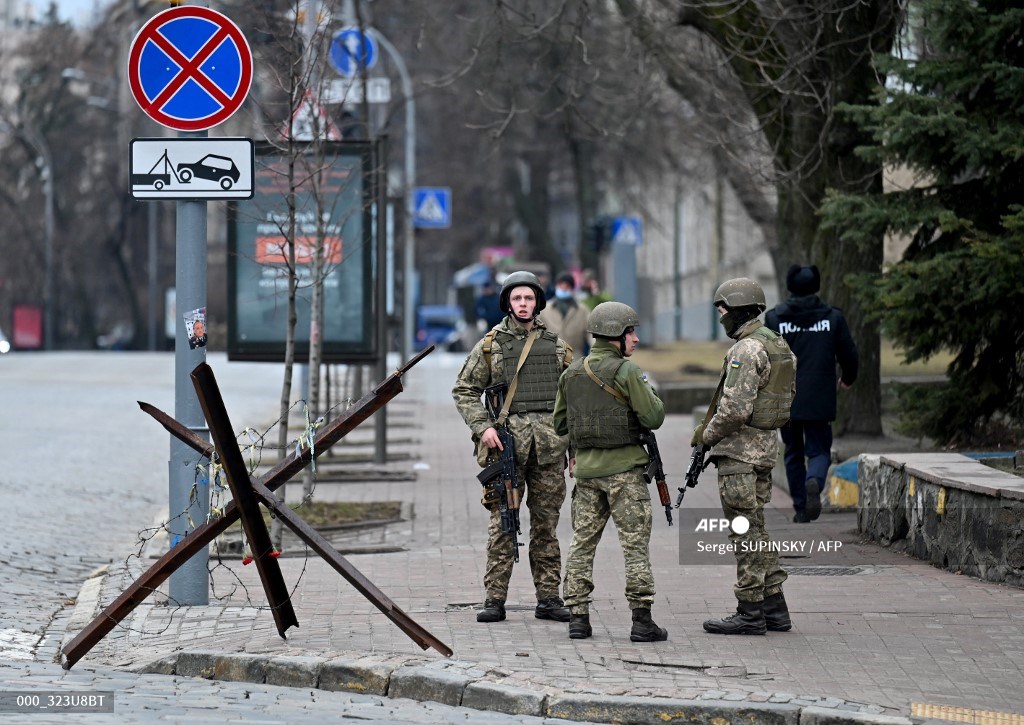
(Eagle News) — Foreign Affairs Secretary Teodoro Locsin Jr. on Friday, Feb. 25, said he would travel to the Ukrainian border to personally oversee the repatriation of Filipinos amid Russia’s attack.
The Foreign Affairs secretary said he was traveling with other officials.
“Deeply grateful to Poland. We’ll never forget this,” Locsin said.
Earlier, the DFA chief said Poland had agreed to allow entry to Filipinos who wish to fly back to the Philippines from Ukraine even without visas.
The DFA has urged Filipinos in Ukraine to not panic, and put in place an alert level 2 over the country, which means Filipinos there may be voluntarily repatriated.
The Palace has said President Rodrigo Duterte’s main concern was the safety of Overseas Filipino Workers.
To date, at least six Filipinos have arrived in the Philippines from Ukraine amid the crisis.
Russia attacked Ukraine, prompting the US, the United Kingdom, and other Western countries to issue separate statements of condemnation.
The North Atlantic Treaty Organization, a military alliance between at least 28 European countries and two North American countries, has also condemned the attack but stopped short of saying it would provide Ukraine, a non-NATO member, military aid.
Some analysts have said that while Russia’s attack was not justified, it was the culmination of years of it being sidelined by the West.
In making the statement, Richard Sakwa, a professor of Russian and European politics at the University of Kent in the United Kingdom, noted what he said was the West’s outright dismissal of Russia’s proposed security arrangements amid NATO’s continued expansion into Eastern European countries near Russia.
Sakwa also noted what he said were Russia’s grievances over the West’s non-condemnation of Russia’s neighbor Ukraine, which had, he said, issued public statements about its plans to become a nuclear powerhouse.








